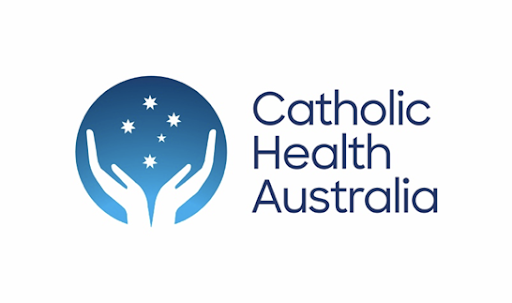
Catholic Health Australia (CHA) has welcomed the federal government's investments in healthcare announced in tonight’s Budget, praising significant commitments to Medicare, public hospital funding, and transparency measures aimed at reducing Australians’ out-of-pocket medical costs.
CHA recognises that the government’s $8.4 billion Medicare investment represents the largest single injection of funding in the history of the universal healthcare system. CHA particularly applauds the ambitious target of achieving a 90 per cent bulk-billing rate among general practitioners by 2030, alongside significant funding allocated to grow Australia’s general practitioner and nursing workforce.
“This investment in Medicare is a critical step toward addressing long-standing pressures on primary care services, as well as reducing the pressure on public hospitals,” CHA CEO Jason Kara said.
“It is also very heartening to see bipartisan support for enhancing access to affordable primary healthcare.”
CHA also supports the Government’s additional investment of $1.8 billion in public hospital funding as part of a “one-off funding boost” to maintain continuity under the National Health Reform Agreement (NHRA). This will be critical to ensuring the stability and sustainability of Australia's hospital sector, particularly given escalating demands and workforce pressures.
“Public hospitals are under incredible strain. This additional funding will be essential to keep the lights on in the short term, however in the longer term we need to be leveraging private hospitals to improve public waiting times. CHA has put forward a range of measures and we look forward to working with the government on solutions,” said Mr Kara.
CHA strongly supports the government’s $7 million investment in the Medical Costs Finder website — a policy CHA has long advocated for. This website is an essential tool in enhancing transparency around out-of-pocket expenses, and while it will not resolve all the issues, it represents meaningful progress in empowering patients to make informed healthcare choices.
CHA also commends the allocation of $784.6 million to reduce the maximum cost of medicines listed on the Pharmaceutical Benefits Scheme (PBS) from $31.60 to $25.00. This measure is expected to save Australians approximately $200 million each year, making essential medications more affordable for individuals and families.
Private health
CHA welcomes the government’s previously announced firm stance on private health insurance payouts, with clear commitment to introduce regulatory actions if insurers fail to increase their payout rates. This initiative aligns closely with CHA’s advocacy for stronger measures — such as minimum payout ratios or linking premium increases directly to payout ratios — to ensure insurers deliver genuine value for their members.
“We commend the government’s determination that these regulatory measures come at no cost to taxpayers. However, we reiterate our call for deeper structural reforms to ensure the sustainability of the private health sector,” Mr Kara said.
“Long-term viability of private health care necessitates the implementation of reforms such as the establishment of a National Private Price, addressing payment delays, reducing administrative burdens, and sustainably funding innovative care models like hospital-in-the-home.”
Aged Care
On aged care, CHA acknowledges the significant investments this government has previously committed to, including funding the Fair Work decisions around aged care worker salaries and passing the Aged Care Act.
CHA urged the need for caution regarding the aged care reforms due to commence from 1 July 2025. Despite the significant investments in aged care over the past 18 months, CHA has warned that unresolved transition issues threaten the successful implementation of the new Aged Care Act.
“Providers continue to face significant uncertainty, and there remains an urgent need for the Department of Health and Aged Care to release critical implementation details such as co-contribution amounts,” Mr Kara said.
“The absence of a clear transition pathway for providers who will not be ready by the stipulated deadline poses real risks for older Australians reliant on aged care services.”
CHA further highlighted significant gaps in funding for the necessary expansion of the care management workforce, which is vital for a smooth and effective transition.
“The planned level of funding for care management is insufficient and increases risks to the transition process and the sector’s ability to support the needs of older Australians,” Mr Kara said.
Palliative care
Beyond healthcare and aged care, CHA welcomes targeted funding aimed at expanding access to palliative care services in specific areas. CHA continues to encourage progress towards universal access to high-quality palliative care, particularly in rural and regional Australia. CHA noted that investing in palliative care, especially home-based models, aligns closely with its mission-driven commitment to dignified, compassionate end-of-life care for all Australians, regardless of their location.
Notes to editors: Catholic Health Australia (CHA) is Australia’s largest non-government, not-for-profit group of health, community, and aged care providers. Our members operate 80 hospitals in each Australian state and the ACT, providing around 30 per cent of private hospital care and 5 per cent of public hospital care, in addition to extensive community and residential aged care. There are 63 private hospitals operated by CHA members, including St Vincent's, Calvary, Mater, St John of God and Cabrini. CHA members also provide approximately 12 per cent of all aged care facilities across Australia, in addition to around 20 per cent of home care services. 25 per cent of our members’ service provision is regional, rural and remote.
Contact details:
Charlie Moore: 0452 606 171
